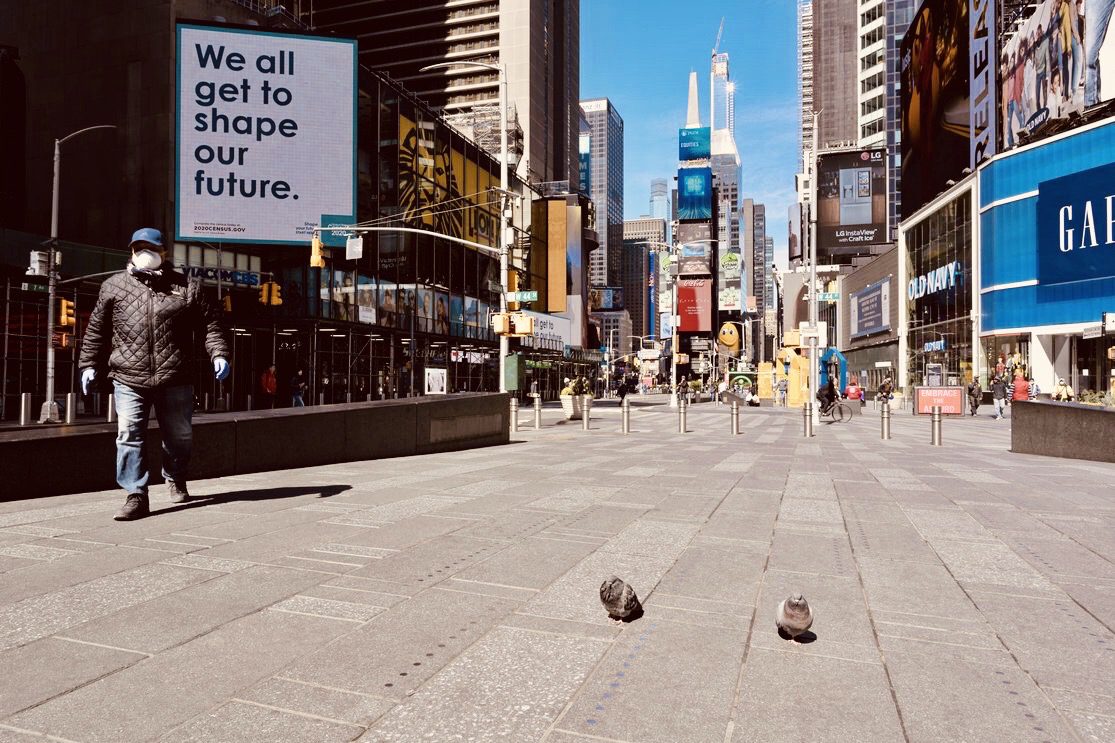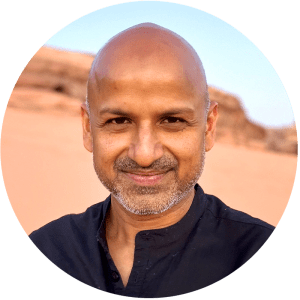100,000 Americans Died. Did We Examine the Role of Travel In It?

Skift Take
100,000 Americans dead today. So many more here and around the world by the time you read this.
That’s the “milestone” my country passed this evening as I write this. It didn’t have to happen at this scale, so much of this was preventable as every study has said, but such is the state of the “Failed States of America”.
Today should have been a day of national mourning, as should have been every day for the last three months. We need to mourn, collectively, to start any healing, any recovery, psychic and real, from here.
And we have to examine the controversial and unmistakable role of our industry of travel -- the movement and the gathering of humans -- in this, especially as the reopening of travel is gaining momentum every day. We can’t just hurtle into reopening with fingers in our ears. After all, our industry’s output, the globe of travelers, has been the biggest vectors of spreading the virus around the world.
Much of the travel industry is NOT at culpable fault here, at least not deliberately, but we have to examine our role here, we have to voice out our role here, we have to define our role here, and from here on, if only to not become the biggest pariah in the spate of rebound infections that could grip the world again in coming weeks and months.
We have to be willing to examine the role of global open travel in the world, dispassionately and without bias. We have to be willing to ask hard questions about the delay in closing European travel to America, particularly New York City and its role in making my city the world’s hub of coronavirus cases and deaths. We have to be willing to examine the role of outbound travel from New York City and its effects of rest of America. We have to examine the failures of political leadership here, for sure, but we also have to examine what role our industry leadership played — or chose not to play — in this.
We have to be willing to say that cruises were a super-spreader of the virus, despite knowing the risks of continuing with the sailings for weeks and months. We have to be willing to say restarting cruises early is the worst idea ever, and the industry’s biggest death wish if rebound “virus cruises” happen again. We have to be willing to say how the travel industry executives and industry associations kept on encouraging people to travel, well into March, despite clear evidence by then that this was delusional advice. We have to be willing to examine the role of conferences and meetings that continued to happen well into March and some became super-spreaders in their countries and around the world.
Can any of this happen again, in the rush to reopen? Can we learn from here?
"The travel sector has an important role to play in flattening the curve of infection but has so far done everything in its power to not just resist a slowdown in movement but convince travelers to conduct their lives as they normally do … Travel brands, though, still act like everything will magically go back to normal once this phase passes, that this viral outbreak is like a natural disaster. It is tone-deaf and insulting, though, to imply that those taking precautions to protect themselves and their families by cancelling a trip are somehow at fault for their concern." This was what we wrote on March 14.
Why is travel, with its global footprint and deep insight into consumer habits, always slow to react appropriately during a crisis? Is it the fragmented nature of the industry that is incapable of responding in a coordinated way, or the big business priorities created by a couple decades of consolidation. We have to examine this role, we have to acknowledge this.
We have to critically examine our role in encouraging millions more Instagram selfies of a sunset on a beach, blithely, without acknowledging so many lives lost, so much disease spread, so many livelihoods destroyed. We have to examine the role of tourism promotion from here on, if it carries on without any sense of loss in it.
I was listening to William Haseltine, the esteemed former professor at the Harvard Medical School who helped lead the U.S government response to the HIV/AIDS crisis, this evening on CNN and he said something very simple that’s applicable to travel industry’s role from here: "It can be stopped without a vaccine and without a drug if we change our behavior. That was true in HIV-AIDS, too, and over time, people learned to change their behavior. It was pretty simple. Use condoms for casual sex. And it worked. Big behavior change. People can change their behavior, not overnight, but they can."
What will travel industry's role be from here on in encouraging the right social behaviors of travelers as they start to travel again, travelers of all stripes and beliefs in following the recommended health rules and guidelines? Will Disney, which announced today the reopening timeline for Disney World from July 11, throw out guests who refuse to wear a mask inside the park? Will travel companies reinforce the behaviors of safety even if it means loss of business, even if it means choosing a side on the political debate — there shouldn't be any freakin’ debate on this — around masks?
We have to be willing to endure headlines like this one in Washington Post from two days ago “‘An international example of bad judgment’: Local officials stunned by raucous Memorial Day festivities.” We have to be willing to read this travel advisory from St Louis County after social distancing rules were flouted at Lake of the Ozarks this past weekend and examine what role travel and hospitality industry has to play in helping or changing this behavior.
Are we rushing into reopening? Are we ready for reopening? Are we willing to be the vector again, because we do know this by science, humans traveling again in the midst of pandemic will be spreaders again, even if potentially a lot less than the first time.
We have to ask these questions, and answer them, for the sake of hundreds of thousands of our fellow citizens dead here in America and around the world — and the billions who are still alive.





